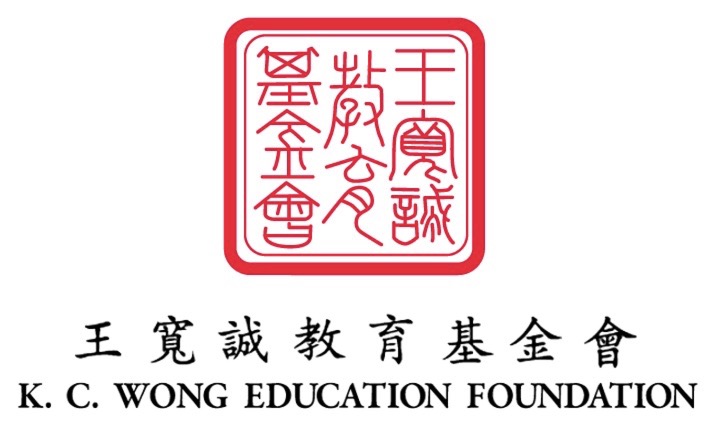SETTA 2024
Symposium on Dependable Software Engineering
Theories, Tools and Applications
Hong Kong, China, Nov. 26-28, 2024
- If you take MTR to get to CityU, please follow instructions (click here) to reach CityU entrance.
- If you take a taxi to get to CityU, please show the CityU taxi card to taxi driver.
- When you arrive at the CityU entrances by MTR or taxi, please refer to the picture below to reach the conference venue or hotel.
- For more information on how to get to conference venue/hotel, please check out this page.
If you have any questions, please feel free to contact us via Wechat or Whatsapp:


- Nov. 23, 2024: The proceedings are available here. Free access will be granted until 31 December 2024.
- Nov. 20, 2024: Please visit participation page to find out how to reach conference venue/hotel.
- Oct. 12, 2024: Registration OPENS. Click here for registration.
- Oct. 11, 2024: If you need an invitation letter, please contact the Local Chair Heqing Huang <heqhuang@cityu.edu.hk>.
- Oct. 10, 2024: Camera-ready version deadline is Oct. 10, 2024 (AOE). Please follow the Springer Instructions for Authors when preparing the camera-ready version and the copyright form.
- Aug. 19, 2024: Paper submission deadline is extended to Aug. 28, 2024 (AOE).
- Jul. 23, 2024: Submission site is open.
- Mar. 1, 2024: the SETTA'24 website is online.
Papers should be submitted electronically through the submission website (https://setta2024.hotcrp.com/).
Formal methods emerged as a distinct area in computer science and software engineering half a century ago. An international community has formed to research, develop and teach formal theories, techniques and tools for software modeling, specification, design and verification.
The practical impact of these theories, techniques and tools on improving everyday software systems is, however, debatable. There is a persistent gap between the development of formal methods and advances in software technologies. Indeed, the relation between them is not clearly understood.
Nowhere is this more evident than in the difficulty of applying formal techniques and tools to engineer large-scale systems with multi-dimensional complexities. Examples include Cyber-Physical Systems (CPS), Networks of Things, Enterprise Systems, Cloud-Based Systems, etc.
These challenges motivate the Symposium on Dependable Software Engineering Theories, Tools and Applications. The symposium exists to promote research, sharing, the exchange of ideas and discussions on:
- Theories, techniques, tools and their applications, and especially on understanding their impact, weaknesses and the practical software design problems they can solve effectively;
- The relations between, and common foundations of, different theoretical frameworks and techniques so as to scale up their application to complex system design and verification;
- “Big and bold” ideas about how to increase the relevance of formal methods research, development, and education to engineering practitioners;
- Research and experiments on domain-specific applications of formal techniques and tools.
The symposium program will comprise:
- regular presentations on research findings related to the above themes;
- progress reports on ongoing research or projects;
- position papers that propose challenges in fundamental research and technology development;
- industrial applications and experiences of formal methods;
- research presentations by PhD students.
The purpose of the symposium is to bring international researchers to exchange research results and ideas with the Chinese computer science and software engineering community. We hope to develop understanding of the research of different groups so as to encourage closer and interest-driven research collaborations. The symposium aims at academic excellence with the objective of becoming a flagship conference on formal software engineering in China.
To achieve these goals and contribute to the sustainability of formal methods research, it is important for the symposium to attract young researchers to the community. The participation of young researchers and students is thus especially welcomed.
Important Dates (AoE)
Abstract submission: Aug. 16, 2024
Paper submission: Aug. 23, 2024 Aug. 28, 2024
Notification to authors: Sep. 30, 2024
Camera-ready version: Oct. 10, 2024
IMPORTANT: Abstract submission is not mandatory, but that full papers must be in by Aug 28 AoE.
- Publisher



